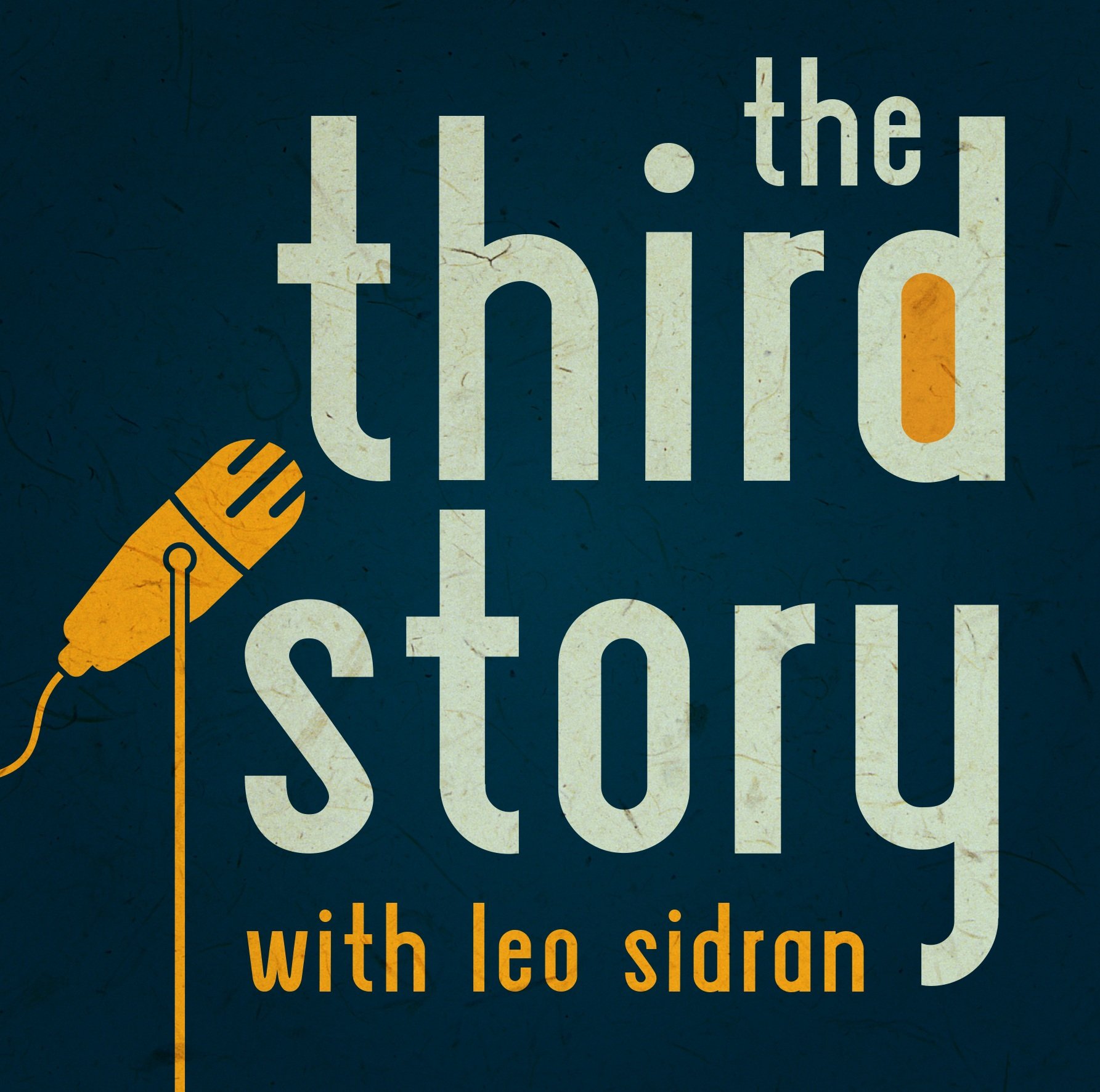291: Raul Midón
Raul Midón is a man who sees with sound. Blind since infancy, he has made a life — and a formidable body of work — guided by his ears, his intuition, and his insistence on carving his own path.
To speak with Raul is to be reminded that perception is far more than a function of the eyes. It's a matter of attention, of attunement, of willingness to feel and listen. And for Raul, music has always been the most natural language for that kind of expression.
Born prematurely in New Mexico, Raul and his twin brother both suffered eye damage as infants due to the overuse of oxygen in incubators — a condition that left Raul blind. But rather than shrinking his world, the loss of sight seemed to expand it in other ways. As a child, he became obsessed with radio — not just the voices and music, but the very technology of it. He earned his amateur radio license at age 12 and began to build a sense of global connection through shortwave frequencies. He listened — not passively, but as a form of deep engagement.
Music came early too. His father, an Argentinian dancer and artist, filled the house with records. Raul and his brother would broadcast music around their neighborhood using a hacked Mr. Microphone and a homemade antenna setup. One day, they stumbled onto a Charlie Parker and Miles Davis record, and Raul’s mind was blown open.
That moment of sonic awakening would become a kind of template for his life: discovery through listening, mastery through obsession, expression through art.
After attending the University of Miami, where he studied jazz and honed his skills as both a singer and guitarist, Raul began working as a session vocalist. His voice appeared on records, commercials, and tours — including a stint backing Shakira. But he knew he wanted more than just side work. He moved to New York with a clear purpose: to become an artist in his own right.
The legendary producer Arif Mardin saw something in Raul — a spark, a clarity, a singular sound. Mardin, who had produced classics for Aretha Franklin, Chaka Khan, and Norah Jones, made Raul the only artist he ever personally signed. That partnership led to State of Mind (2005), an album that introduced the world to Raul’s one-man-band approach: intricate fingerstyle guitar, soaring vocals, and his now-famous “mouth trumpet,” a vocal emulation that started as a Miles Davis impression and became an integral part of his sound.
Over the past two decades, Raul has released over a dozen records, earned Grammy nominations, toured globally, and become an emblem of creative self-reliance. He records and engineers his own albums — including 2017’s Badass and Blind — in his Maryland home studio, using adaptive software and custom setups. He’s produced an album of duets with legendary guitarists, including Dean Parks, Mike Stern, and Romero Lubambo. And he’s remained fiercely committed to writing music that reflects his worldview: grounded in soul, jazz, and Latin traditions, but always personal, philosophical, and direct.
His most recent album Lost & Found came out in 2024, and he is currently on tour to support it. (He plays at the Iridium in New York on Friday, April 11.)
What makes Raul Midón so compelling isn’t just his virtuosity, though that’s undeniable. It’s his clarity. There’s no artifice in his music. His songs are invitations — sometimes joyful, sometimes searching — into his lived experience. He writes what he knows, and what he knows is this: to live without sight is not to live in darkness. It’s to cultivate a different kind of vision.
In one of his songs, “Ocean of Doubt,” he flips the metaphor of blindness on its head. “People say I live in darkness,” he sings. “I guess that what they say is true / But could it be that what I see appears to be invisible to you?”
It’s a radical idea — not new, but rarely stated with such clarity. What if the problem isn’t that Raul Midón is blind? What if the rest of us simply aren’t seeing?
We spoke recently about growing up in the desert and dreaming through the dial, discovering the freedom of songwriting, the burdens and the blessings of blindness, the long, looping arc of a life in music, jazz, joy, justice — and the power of perspective.

